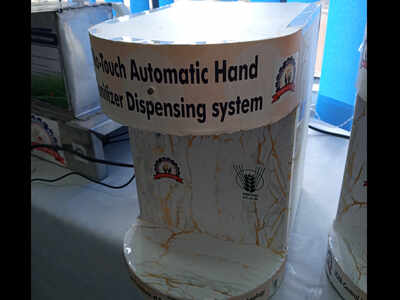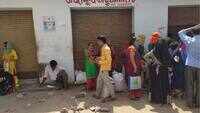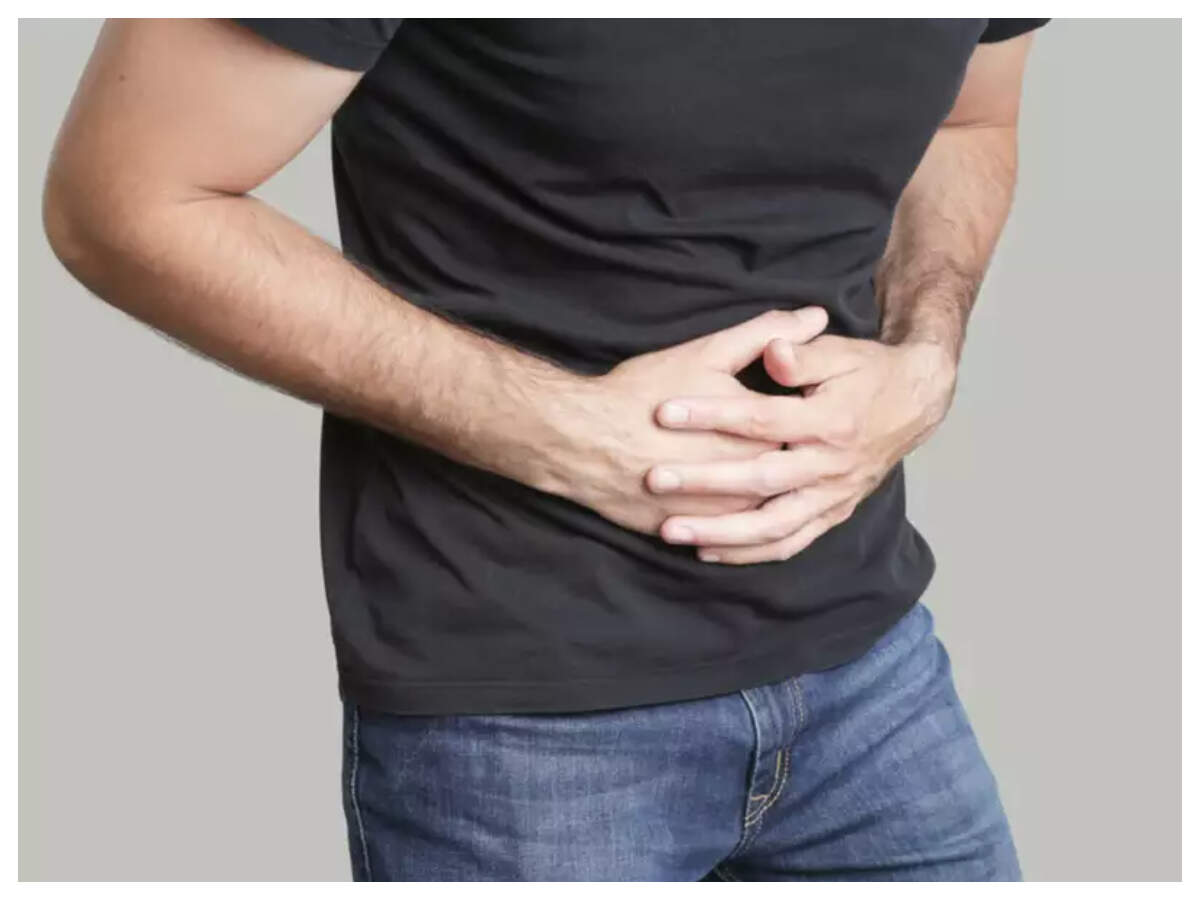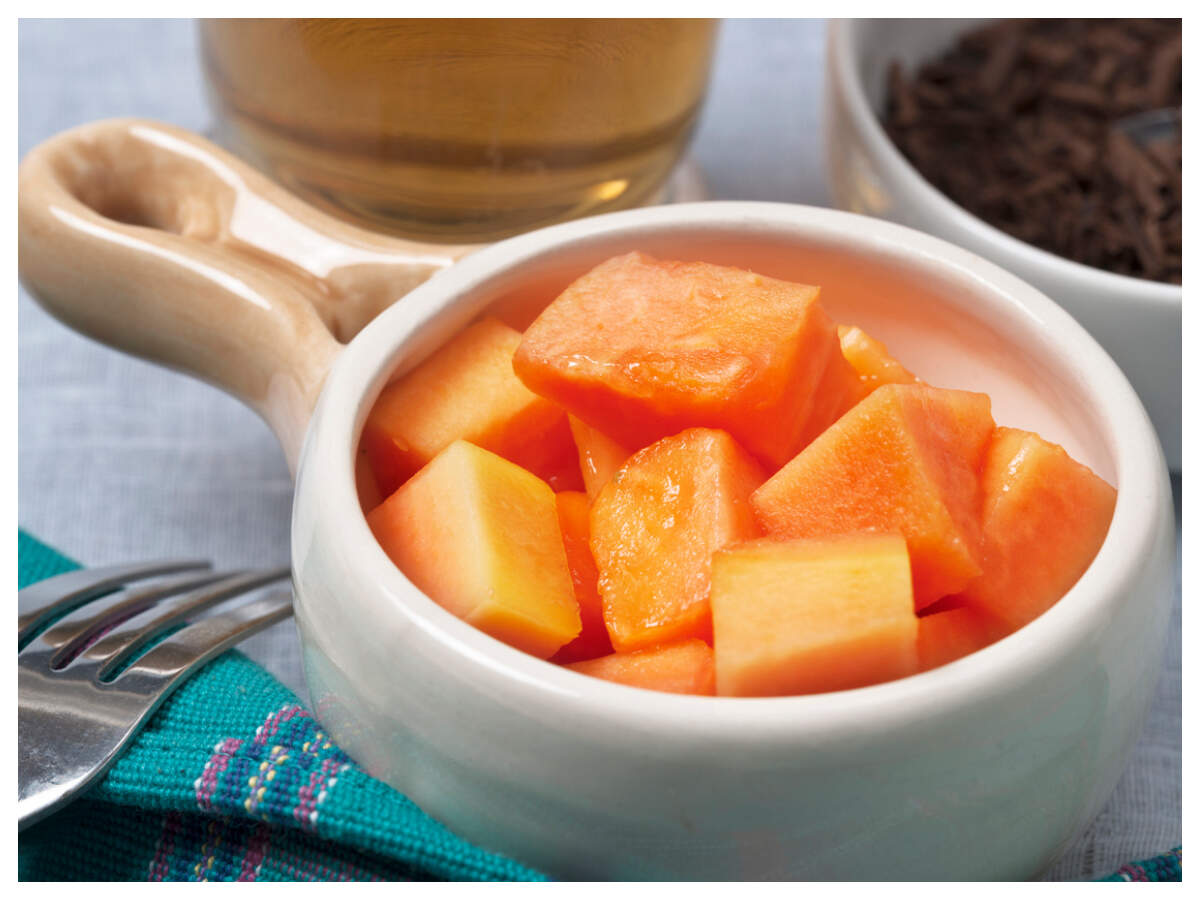
LUDHIANA: The ICAR-CIPHET, Ludhiana has bagged a Department of Science & Technology (DST), Government of India funded project worth Rs 50.47 lakhs. The project was awarded under Young Scientists and Technologists (SYST) scheme of DST on a competitive grant basis. The project is focused on studies of non-chemical management of stored grain moths.
According to a spokesperson of the institute, “Stored grain pests were generally managed in two phases, preventively and curatively. Proper drying and handling of grains are important preventive measures. Among curative measures, different insect pest management strategies are available like modified atmosphere, mechanical traps, irradiation, electromagnetic waves, and biological options like botanicals, biopesticides, and semiochemicals (pheromones and allelochemicals).
The concept of integrated pest management is also practicing in storage systems. However, in India at present, insects including moths are being controlled in storage by fumigation of phosphine (chemical: aluminium phosphide) which causes carcinogenic effects in the human body if its residue is left in the grain.
The project team members Dr. Guru P. N., Scientist (Agricultural Entomology) and Dr. Yogesh Kalnar, Scientist (Agricultural Engineer) under the guidance of ICAR-CIPHET Director, Dr. R. K. Singh, prepared and defended the project before DST, GoI. ICAR-CIPHET with its two campuses Ludhiana and Abohar are working in the areas of post-harvest mechanization and value addition of agricultural, horticultural, livestock and fishery produce. In addition, skill development programmes are also conducting for farmers, rural youths, students and entrepreneurs”
The spokesperson also added, “By keeping this in view, the study was planned to develop non-chemical management options using the available strategies like physical (temperatures, gas and light) and mechanical (traps) for management of insects in stored grains. This will help the consumers to get chemical-free foods. The study is one step forward in saving the food grains during storage and reducing the risk of human health and environment”
According to a spokesperson of the institute, “Stored grain pests were generally managed in two phases, preventively and curatively. Proper drying and handling of grains are important preventive measures. Among curative measures, different insect pest management strategies are available like modified atmosphere, mechanical traps, irradiation, electromagnetic waves, and biological options like botanicals, biopesticides, and semiochemicals (pheromones and allelochemicals).
The concept of integrated pest management is also practicing in storage systems. However, in India at present, insects including moths are being controlled in storage by fumigation of phosphine (chemical: aluminium phosphide) which causes carcinogenic effects in the human body if its residue is left in the grain.
The project team members Dr. Guru P. N., Scientist (Agricultural Entomology) and Dr. Yogesh Kalnar, Scientist (Agricultural Engineer) under the guidance of ICAR-CIPHET Director, Dr. R. K. Singh, prepared and defended the project before DST, GoI. ICAR-CIPHET with its two campuses Ludhiana and Abohar are working in the areas of post-harvest mechanization and value addition of agricultural, horticultural, livestock and fishery produce. In addition, skill development programmes are also conducting for farmers, rural youths, students and entrepreneurs”
The spokesperson also added, “By keeping this in view, the study was planned to develop non-chemical management options using the available strategies like physical (temperatures, gas and light) and mechanical (traps) for management of insects in stored grains. This will help the consumers to get chemical-free foods. The study is one step forward in saving the food grains during storage and reducing the risk of human health and environment”

Coronavirus outbreak
Trending Topics
LATEST VIDEOS
City
 Shocking: Younger brother caught in brawl, Sikh man thrashed, turban tossed by mob in UP's Amroha
Shocking: Younger brother caught in brawl, Sikh man thrashed, turban tossed by mob in UP's Amroha  This Delhi cop's name and photograph flashed on billboard in Daryaganj
This Delhi cop's name and photograph flashed on billboard in Daryaganj  Watch: Four crest gates of Tunga dam opened in Karnataka
Watch: Four crest gates of Tunga dam opened in Karnataka  Jaipur: Many ration seekers return empty handed despite registering through e-mitra
Jaipur: Many ration seekers return empty handed despite registering through e-mitra
More from TOI
Navbharat Times
Featured Today in Travel
Quick Links
Kerala Coronavirus Helpline NumberHaryana Coronavirus Helpline NumberUP Coronavirus Helpline NumberBareilly NewsBhopal NewsCoronavirus in DelhiCoronavirus in HyderabadCoronavirus in IndiaCoronavirus symptomsCoronavirusRajasthan Coronavirus Helpline NumberAditya ThackerayShiv SenaFire in MumbaiAP Coronavirus Helpline NumberArvind KejriwalJammu Kashmir Coronavirus Helpline NumberSrinagar encounter
Get the app



